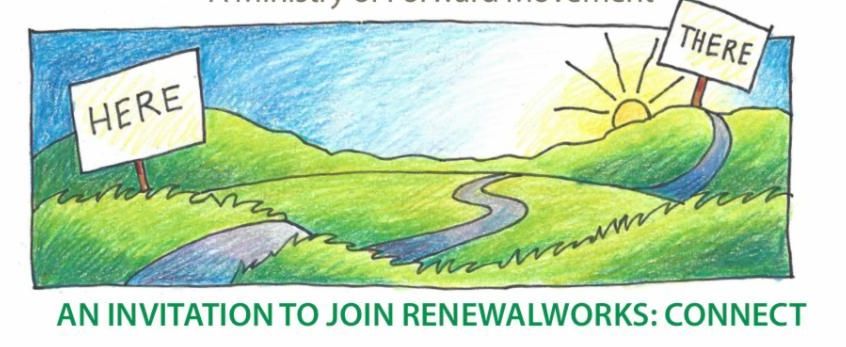
Listening & Looking
It wouldn’t have happened without Zoom. Earlier this month, I joined a conversation with clergy gathered from places as far-flung as Hawaii and Scotland and North Carolina. Our conversation focused on how we do church these days, given coincident crises, especially a health crisis that precludes the kind of church gatherings that have been going on for centuries. In prep for the call, we read a short book by Tod Bolsinger entitled: Leadership For A Time Of Pandemic. Good stuff. You may or may not think of yourselves as a leader, spiritual or otherwise, but there are lessons for all of us as we think about how we navigate extraordinary times.
The springboard for this latest work is a book he wrote a few years ago called Canoeing the Mountains. That book takes as guiding metaphor the search of Lewis and Clark for a northwest passage. They followed the Missouri River to its source and assumed an easy connection with a river that would then empty into the Pacific. Excellent plan. Except when they got to the end of the Missouri, they encountered hundreds of miles of mountains. Canoeing skills were not going to help. They needed to think differently about the next steps.
Sound familiar? The pandemic presents a similar challenge. The advent of the fall season marked by social distancing, going back to school, new ways to work, many unable to work, churches and other organizations trying to begin again, making it up as they go along, all indicate a new normal. Old ways may never come back. They may no longer be helpful.
It’s easy to get bummed out about what we’ve lost. Tod Bolsinger says that people don’t resist change. They resist loss. Too many are grieving these days, as we approach 200,000 dead from this virus in our nation, yet another black man killed by police, economic security dissipating. We long for days when we can gather in church or school or our favorite crowded restaurant. As we confront all that longing and loss, matters great and small, can we imagine a new thing unfolding, a new thing God has for us?
Tod Bolsinger invites two practices for leaders. I include all of you in that group, if only that you are leading your own life this Monday. I hope the practices might be helpful. The two practices: listening and looking. (Alliteration strikes again.)
What does it mean to practice listening? Henri Nouwen, uber-pastor, described listening as the highest form of hospitality. Mr. Bolsinger describes it as paying attention to the longing and losses of people in our care, again, noting that we all deal with the kinds of loss that trigger resistance to growth and change. Anxious voices can keep us from hearing longing and losses. In light of that, we are called to be attuned to two things at once: to the pain of the world and to the longing and losses of our people.
And we listen to God. Scripture gives us ways to do that. Abraham was called to a land he would be shown. He listened and left home (Genesis 12). Moses paid attention to a burning bush bringing liberation (Exodus 3). Elijah heard a still small voice (I Kings 19). More Bolsinger wisdom: Such listening leads to a new way of acting. We are surrounded by so much noise it’s hard to hear God. That’s where spiritual disciplines can help. It may be creating a daily quiet time. It may be time in nature. It may be meditation on a piece of scripture. It may be reading scripture with others. In this political season, Tod Bolsinger’s advises the practice of communal meals, captured in the slogan: “Making America Dinner Again”
The second practice is looking. Again, that calls for doing two things at once. First, it involves looking at the current moment from a bit of a distance. Tod Bolsinger describes it as getting up on the balcony, where one can gain perspective lost once we’re on the dance floor. We need to not only see what’s happening in the moment (i.e., on the dance floor). We need to take the broader view, the longer view. Both are important. We need to be in the game. We have to get some distance, as we seek a broader view, a longer view. Maybe that’s what hope is all about.
Again, scripture gives us ways to do that. From the moment of creation, there was light. The psalmist prays: Open my eyes that I may behold the wonders of your law. Jesus came to be the light of the world. So many of his miracles involved healing of blindness. As God regards us with unconditional love, so we are to look that same way at the world and at all our neighbors. And there’s always the practice of God-sightings, noticing each day where you’ve seen God at work.
Blessings in this new season. As you begin, how will you listen and look this Monday, this week? Lead on.
-Jay Sidebotham
Contact: Rev. Jay Sidebotham jsidebotham@renewalworks.org
RenewalWorks is a ministry of Forward Movement www.renewalworks.org


